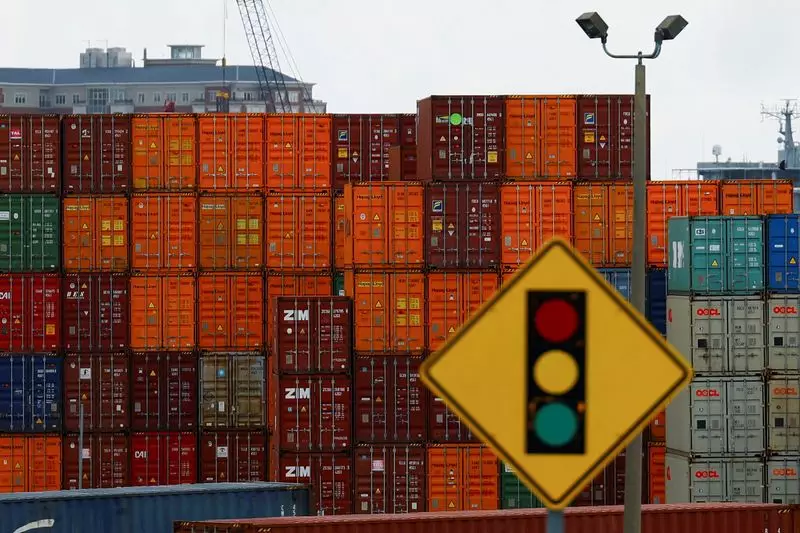The ongoing dockworker strike in the United States has created a significant ripple effect throughout the economy. With over 45,000 members of the International Longshoremen’s Association (ILA) refusing to work, critical supply chains are being disrupted. As a result of this major labor action—the most impactful in nearly five decades—container ships are now stacked up outside major ports, desperately awaiting clearance to unload. The situation highlights both the precarious nature of supply chain logistics and the vital role that dockworkers play in global trade.
Taking place at a time when many sectors are already feeling the strain from inflation and disrupted supply lines due to past global crises, this latest strike is a wake-up call about the interconnectedness of labor relations and economic stability.
Triggered by stalled contract negotiations, the strike reflects deep-rooted concerns among dockworkers regarding pay and job security amid increasing port automation. Historically, the ILA has been at the forefront of advocating for workers’ rights, but the demands in this instance are particularly significant. Their request for a substantial pay increase comes against the backdrop of record profits in the shipping industry since the onset of the COVID-19 pandemic. As the union continues to push for negotiations, port owners are grappling with increased pressure from both workers and the federal government to come to an agreement.
Striking from Maine down to Texas, this work stoppage affects 36 major ports, including those in New York, Baltimore, and Houston. As the number of vessels waiting to be unloaded grows, experts predict that this backlog will continue to expand, potentially doubling by the end of the week. The implications of this strike not only threaten the availability of consumer goods ranging from fresh produce to auto parts but also pose long-term challenges for industries reliant on the timely delivery of materials.
The Economic Consequences: Short-term and Long-term Effects
While some economists initially argue that consumer prices may not spike immediately due to strategic preemptive actions by companies to bolster inventory, the consensus is that the situation is unsustainable in the long run. If the strike lingers, the effects on consumer prices are likely to be felt sooner rather than later—food prices are commonly anticipated to react first, given how quickly perishable goods can be affected by supply chain disruptions.
Furthermore, industries heavily reliant on just-in-time supply chains may have to explore costlier alternatives to mitigate disruptions, such as rerouting vessels to the West Coast ports, which would significantly hike shipping costs and elongate delivery times. Such measures would have far-reaching consequences for planning, logistics, and ultimately, consumer pricing.
The Biden administration has positioned itself as an ally of the dockworkers, expressing concern over the owners’ willingness to yield to the union’s demands. The White House has urged port owners to enhance their pay offers in light of extensive profits garnered during the pandemic, highlighting the delicate balance between labor rights and economic viability. In response, the U.S. Maritime Alliance (USMX) has reiterated its commitment to negotiate but insists that any talks commence without preconditions.
Trade organizations have expressed alarm, with over 272 groups—including the National Retail Federation—calling for federal intervention. Such responses underscore the precariousness of the current economic landscape and the lengths stakeholders are willing to go to mitigate the damage triggered by this strike.
As the strike continues, the urgency for a resolution grows clearer. The ongoing labor action not only harms the workers involved but also poses a significant threat to the broader economy. With negotiations at a standstill and no clear end in sight, the wait for both dockworkers and businesses alike is fraught with uncertainty. The situation serves as a reminder of the vital importance of labor relations in maintaining not only the efficiency of supply chains but also overall economic stability.
The stakes are high for both labor and employers in this dispute, and the resolution of these negotiations will have implications well beyond the docks. The outcome will serve as a critical indicator of how the U.S. labor landscape is shaped in the face of growing automation and economic pressures.

